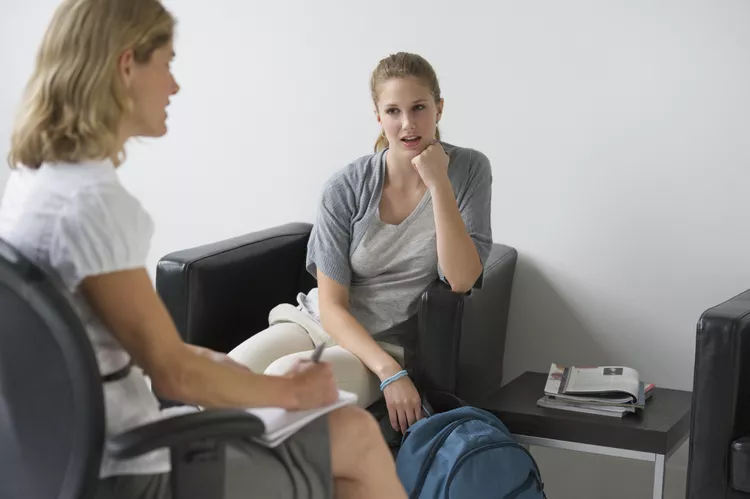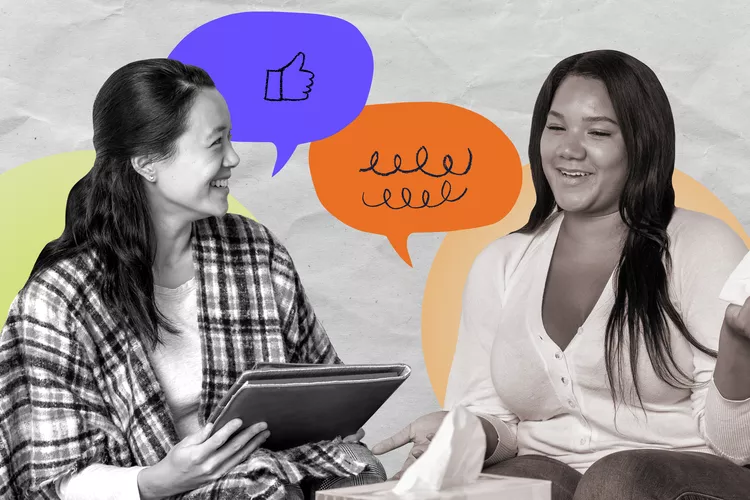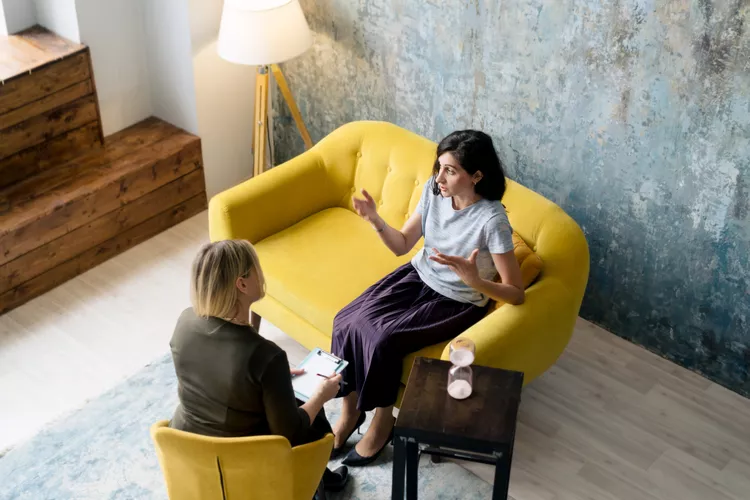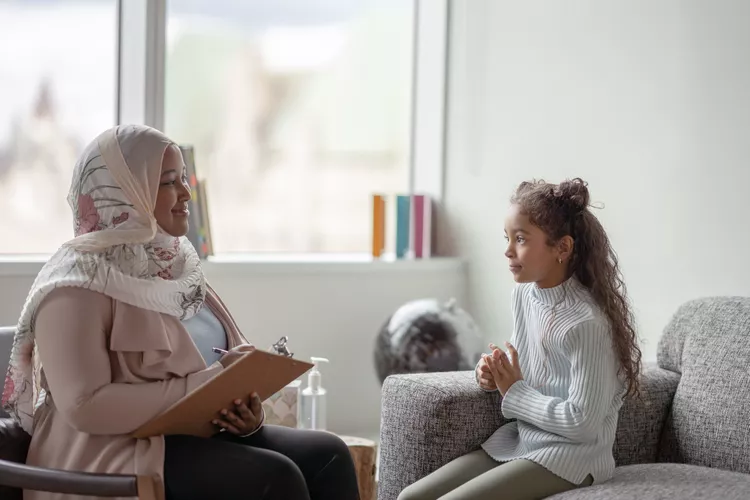Unconditional Positive Regard in Psychology
In our journey through life, we encounter moments of joy, sadness, triumphs, and challenges. Amidst these experiences, one concept stands out as a beacon of support and acceptance: Unconditional Positive Regard (UPR). Coined by humanist psychologist Carl Rogers, UPR is a fundamental principle in fostering healthy relationships and facilitating therapeutic progress.
What Exactly is Unconditional Positive Regard?
Unconditional positive regard is all about offering unwavering support and acceptance to another person, regardless of their words or actions. It means genuinely caring for someone as a separate individual, respecting their feelings and experiences without judgment or conditions.
Why Does Unconditional Positive Regard Matter?
Rogers believed that UPR is crucial for personal growth and well-being. When individuals experience this kind of acceptance, whether from a therapist or their social circle, it nurtures their self-esteem and encourages them to be their authentic selves. It fosters an environment where individuals feel safe to express their true thoughts and emotions, leading to deeper connections and personal development.
How Does Unconditional Positive Regard Impact Self-Worth?
Our sense of self-worth is deeply influenced by the regard we receive from others. Positive regard, especially during formative years, contributes to feelings of confidence and self-worth. Conversely, conditional positive regard, where approval is contingent on behavior, can lead to feelings of incongruence between one’s self-image and ideal self.
Can Therapists Truly Offer Unconditional Positive Regard?
While offering UPR to every client may seem challenging, therapists strive to cultivate such acceptance. It’s important to understand that UPR doesn’t mean endorsing all behaviors; rather, it’s about empathizing with the individual’s experiences and emotions. Even in difficult situations, therapists can focus on understanding the underlying suffering and fears rather than solely on behaviors.
Conclusion:
Unconditional positive regard is a powerful force that enriches relationships and promotes emotional well-being. By embracing this attitude of acceptance and empathy, we create spaces where individuals feel valued and understood. Whether in therapy or everyday interactions, practicing UPR cultivates compassion and fosters genuine connections.
FAQ:
1.Is Unconditional Positive Regard the Same as Permissiveness?
No, UPR doesn’t mean endorsing all behaviors. It’s about accepting individuals for who they are while still guiding them towards positive growth.
2.Can Anyone Offer Unconditional Positive Regard?
While it may be challenging, anyone can strive to cultivate an attitude of UPR towards others by practicing empathy and understanding.
3.What if Someone Struggles to Receive Unconditional Positive Regard?
If someone finds it difficult to receive UPR, therapy can be a beneficial avenue for exploring and addressing underlying issues that may be impacting their sense of self-worth and acceptance






